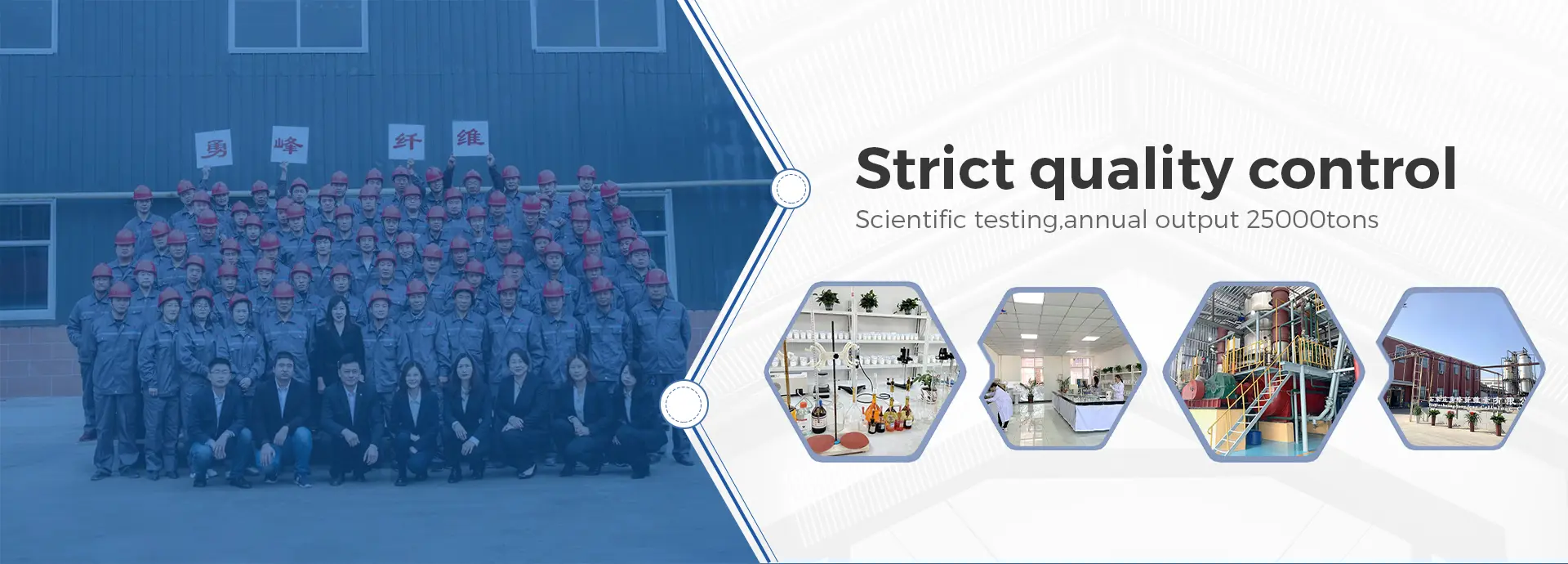The Versatility of Tylose A Hidden Gem in the World of Polymers
Tylose, also known as hydroxypropyl methylcellulose (HPMC), is a cellulose derivative that has garnered considerable attention in various industries due to its unique properties and versatility. Derived from the natural polymer cellulose, Tylose is a white, odorless powder that is soluble in water, forming a gel-like solution that has a myriad of applications. Its chemical structure, which combines properties of both hydrophobic and hydrophilic substances, allows Tylose to serve multiple functions across different fields.
.
In the food industry, Tylose is recognized for its role as a thickening agent and stabilizer. It is often used in processed foods, sauces, and bakery products to improve texture and consistency. Additionally, its ability to create emulsions and prevent ingredient separation makes it an essential component in many formulations. Furthermore, Tylose is deemed safe for consumption, which makes it a popular ingredient among food manufacturers seeking to enhance their products' quality without compromising safety.
tylose

Moreover, the pharmaceutical sector benefits greatly from Tylose’s properties. It is utilized as a binder and excipient in various drug formulations, including tablets and capsules. Tylose’s water-retaining qualities are especially valuable in controlled-release formulations, where it helps to regulate the release of active ingredients over time. This capability ensures that patients receive consistent therapeutic effects, thereby improving the efficacy of medications.
In the realm of cosmetics, Tylose is employed as a thickener and stabilizing agent in skincare and personal care products. Its ability to improve the texture and feel of creams, lotions, and gels is highly sought after. Additionally, Tylose can enhance the formulation stability, ensuring that products maintain their quality over time. The polymer is often used to create films, which can help in providing a protective barrier on the skin, contributing to the effectiveness of various cosmetic applications.
Another emerging field for Tylose is its potential in bioprinting and tissue engineering. Researchers are exploring its use as a bioink to create scaffolds that support cell growth and tissue regeneration. The biocompatibility and customizable properties of Tylose make it an ideal candidate for developing materials that can mimic natural tissues.
In conclusion, Tylose stands as a remarkable example of a multifunctional polymer that transcends industry boundaries. Its applications in construction, food, pharmaceuticals, cosmetics, and even emerging fields like bioprinting highlight its versatility and importance in modern technology. As research continues to advance, Tylose may uncover even more potential uses, solidifying its status as a cornerstone material in various sectors. Embracing the full range of capabilities that Tylose offers not only fosters innovation but also drives progress across numerous industries.
-
Rdp Powder: Key Considerations for Wholesalers in the Building Materials IndustryNewsJul.08,2025
-
Key Considerations for Wholesalers: Navigating the World of Hpmc - Based ProductsNewsJul.08,2025
-
Hpmc Detergent: Key Considerations for WholesalersNewsJul.08,2025
-
Key Considerations for Wholesalers: China Hpmc For Tile Adhesive, Coating Additives, Concrete Additives, and MoreNewsJul.08,2025
-
Crucial Considerations for Wholesalers: Navigating the World of Construction MaterialsNewsJul.08,2025
-
Key Considerations for Wholesalers Sourcing Additive For Cement, Additive For Concrete, Additive For Putty from Additive Manufacturer Shijiazhuang Gaocheng District Yongfeng Cellulose Co., Ltd.NewsJul.08,2025




